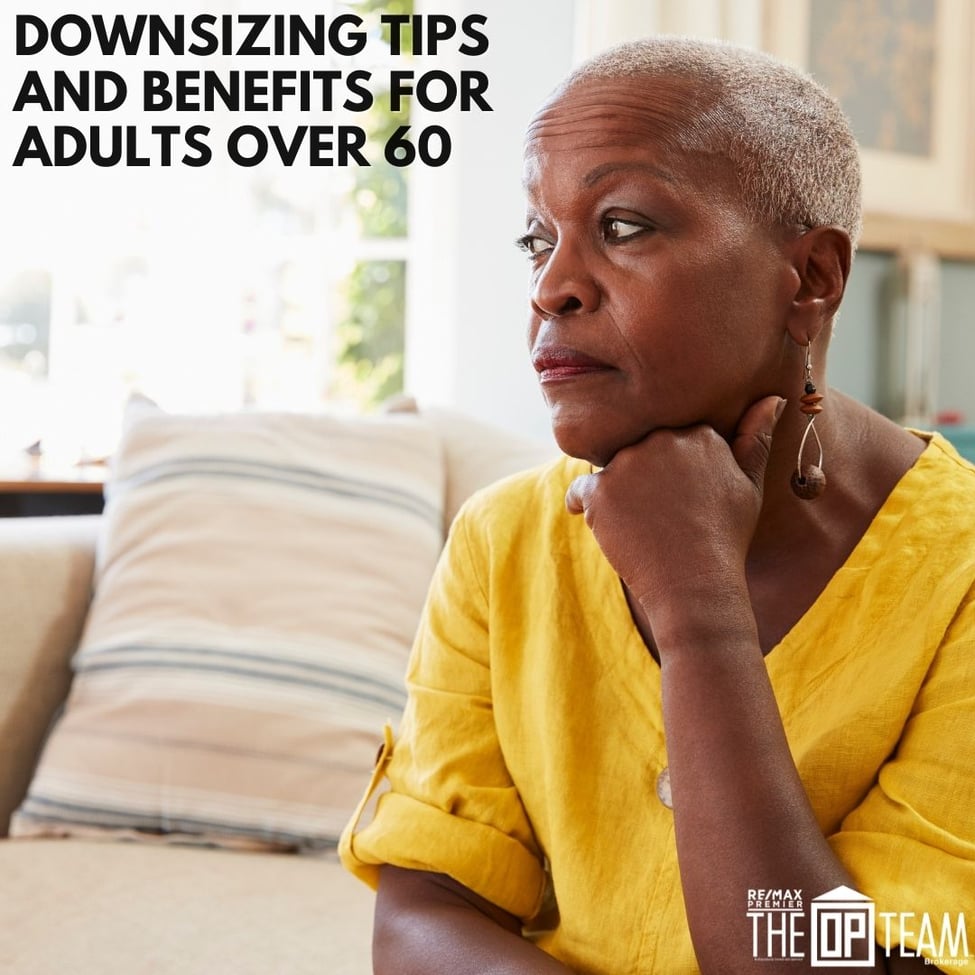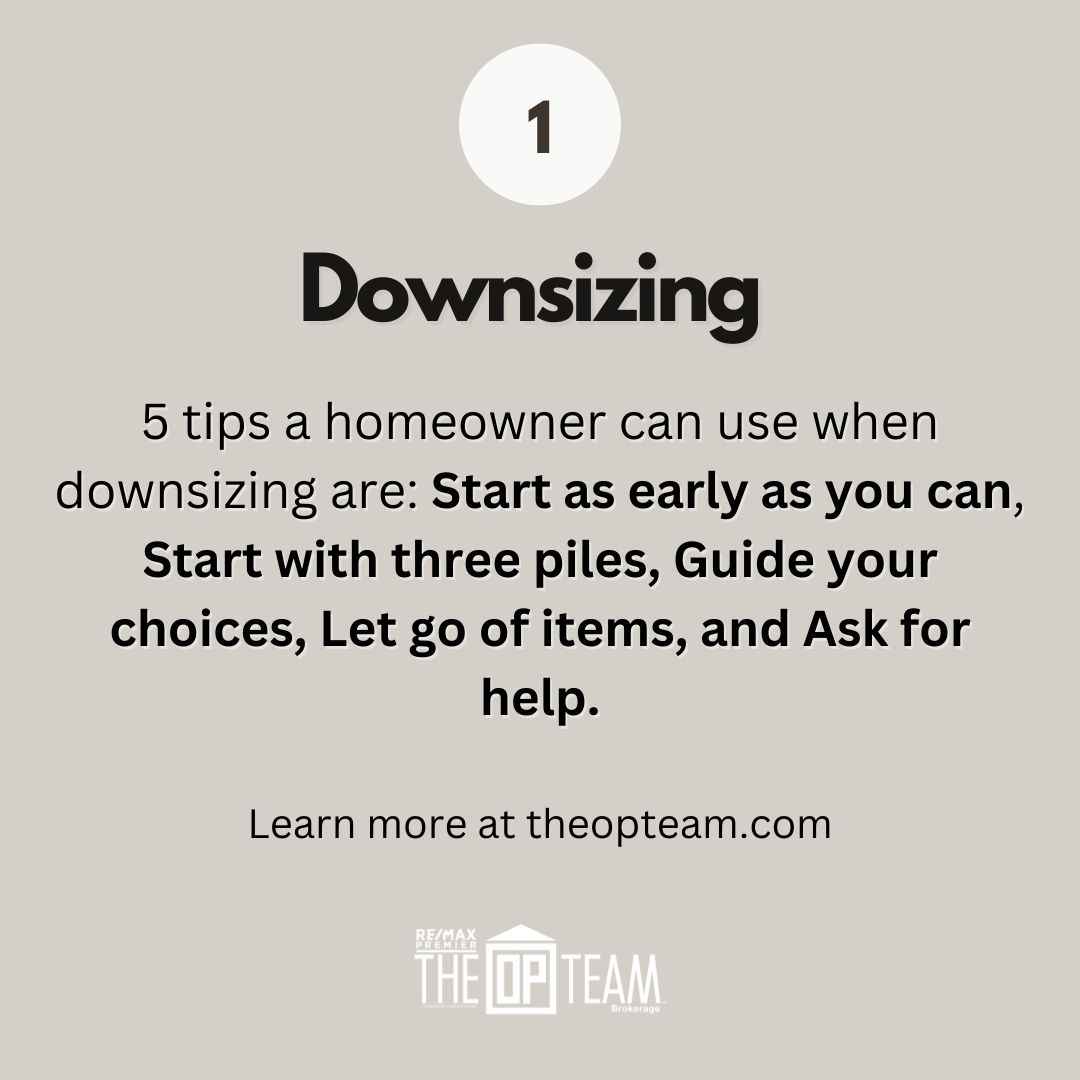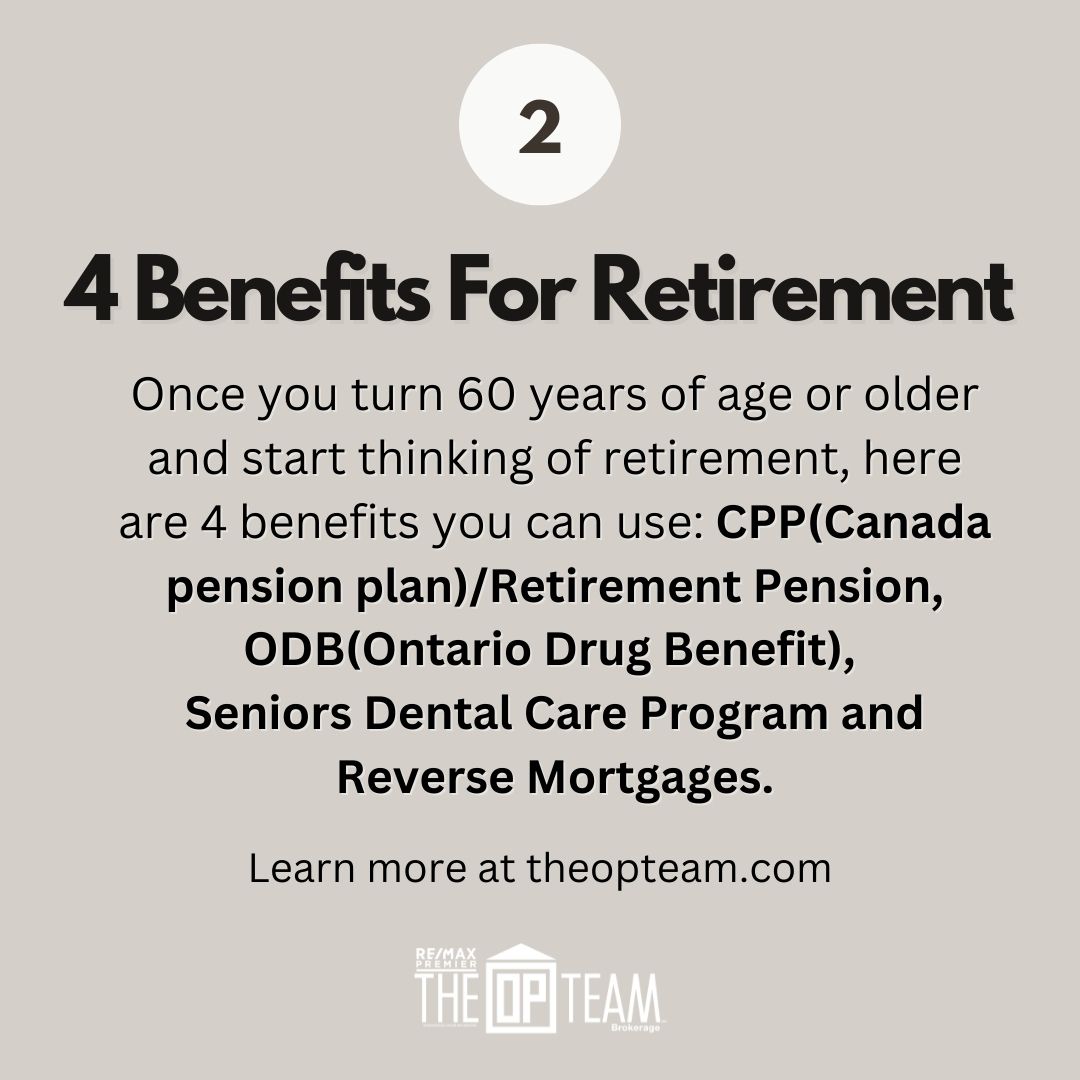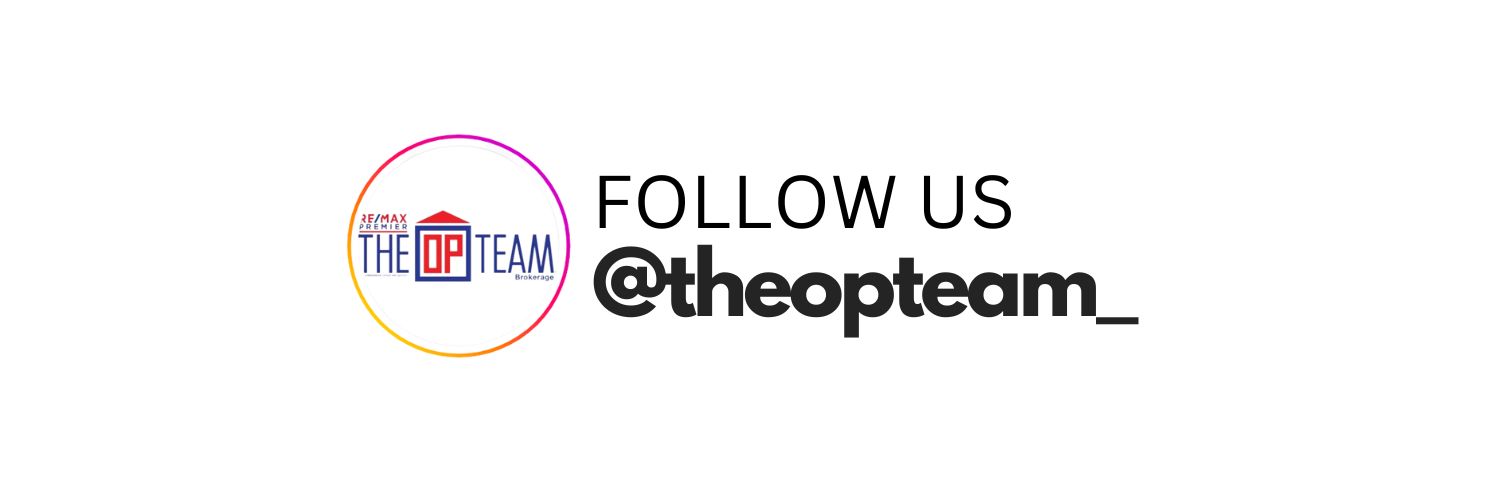Downsizing is becoming very common nowadays, especially as homeowners grow older. What is the proper way to prepare to downsize?
The process is definitely a very hard and tiring job for most, but here are some tips that will help you downsize a lot easier and more efficiently.
Start as early as you can
Starting early can relieve a lot of the stress of downsizing and the process comes alot easier. Sorting out the furniture is the easy part but going through every drawer and shelf without missing anything can be the long part.
Start with three piles
Make three piles: keep, donate, or trash. Make sure to be ruthless as you don't want to overload and have too much. Also make sure to truthfully decide on “yes or no” when sorting through your belongings. We don't want to have a “maybe” pile as it will prolong the process and cause more stress.
Guide your choices
Start with measuring the storage area in the new home and use tape on the floor in your home to get a good visual of the space. Fill this space as you go. Always choose furniture that is multi-purpose. (Ottomans with storage, Coffee tables with multiple levels and a bed that can turn into a sofa). You still want your new space to feel like home so make sure not to take away any space that doesn't need to be taken away.
Let go of items
It's very easy to get attached to long term items as the memories that come from it really make you not want to give it away. You could pass these items onto other family members or take pictures of it and keep it in an album so you don't lose the memory of it.
Ask for help
Ask for help from your children or any relatives to assist you. They can help you with multiple things like organizing, moving and the process of decluttering for your downsize.Getting a professional or someone to assist you on selling some of your valuable items online can also be beneficial.
4 Benefits for Adults Over 6
There are 4 benefits for homeowners in their 60's which include:
CPP (Canada Pension Plan) Retirement Pension
The CPP is used as income for workers after they retire. Canada pension plan pays monthly and goes on for the rest of the recipient’s life.
With that being said, what's the monthly amount received for all eligible CPP candidates? The total is determined by several factors: the recipients average earnings during working hours, their contribution to CPP (based on income, time away from work to care for their children and the age chosen to start receiving payments).
The average age to start receiving the CPP is typically 65 years old, but people can start anywhere from 60 to 70 years of age. The maximum monthly payment is reached at age 70.
There are some criterias you need in order to be eligible for a CPP payment which includes:
- Must be 60 years of age or older
- Must have made one valid input to the CPP. This could be from work in Canada or receiving a credit from their former spouse or former common law partner after the end of the relationship.
CPP payments are not automatically withdrawn. You must apply at least 2 weeks before the proposed start date. However, it is suggested that applicants apply at least 3 months before the start date. You could either submit online or in-person.
ODB (Ontario Drug Benefit)
The ODB is a program that covers the majority of the proportion for approved drug prescriptions for those aged 65 years and up. This is one of the best health benefits.
The ODB is mainly for recipients aged 65 years or older.
For those that want their drug costs covered, their prescription must be filled at a pharmacy in Ontario. The Ontario Drug Benefit covers around 5,000 prescribed medications. Some drugs included are allergy shots, anti-diabetic products, nutrition products and over the counter medications.
Dental Care Program
Ontario's Dental Care Program is another Government funded program that provides health coverage for adults 65 and over. This program offers free dental services to low income citizens aged 65 or above.
The Ontario Dental Care Program covers several dental services such as: dental examinations, X-Rays, fixing of broken teeth and cavities, plaque removable and polishing.
You do indeed need to meet requirements to qualify for this program:
- Be at least 65 years of age
- Must live in Ontario
- Income requirements - annual net income of no more than $22,200 for singles and no more than $37,000 for couples
- Must not be receiving dental coverage under private insurance or other Government benefit programs
After confirming that you meet the requirements, you can apply for the Dental Care Program online or via mail.
Reverse Mortgages; How to qualify for a reverse mortgage:
There are a few requirements for a reverse mortgage including:
- Must own a home
- Must be 55 years of age or older
A reverse mortgage may only take place on a primary residence. This means that the homeowner must live in the property for at least six months of each year.
All existing mortgage and secured debts on the property must be paid off before getting a reverse mortgage. In most cases, the reverse mortgage will provide enough money needed to pay all of the secured debts.
Reverse mortgage providers can lend up to 55% of the value of the property. To put that into perspective, for a property with the value of $1,000,000 and an existing $200,000 first mortgage, a typical reverse mortgage would provide a sum of $200,000 pay out first, then provide $2,000 per month to the homeowners.
This will also require that you have a lawyer to provide independent legal advice in order to make sure that the borrowers fully understand the terms of the mortgage.
Pros and Cons of A Reverse Mortgage
You're probably wondering if it's worth getting a reverse mortgage. Let's weigh the pros and cons to see if it's beneficial for you to take the extra steps towards a reverse mortgage.
Pros:
- Ownership of the home stays the same
- Ability to turn your home equity into cash (without selling)
- No taxes owed on borrowed money
- Flexible options on how you receive the money
- Does not impact any old age security or guaranteed income supplement payments
Cons:
- Mortgage will gradually drain your home equity
- Fees higher than traditional mortgages
- Higher interest rates




